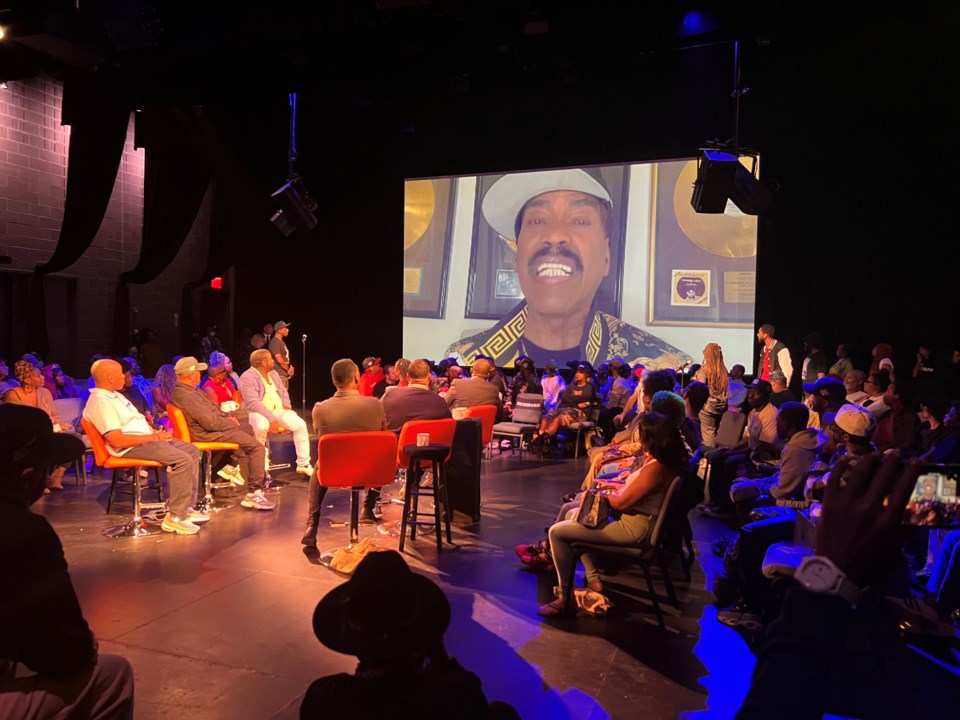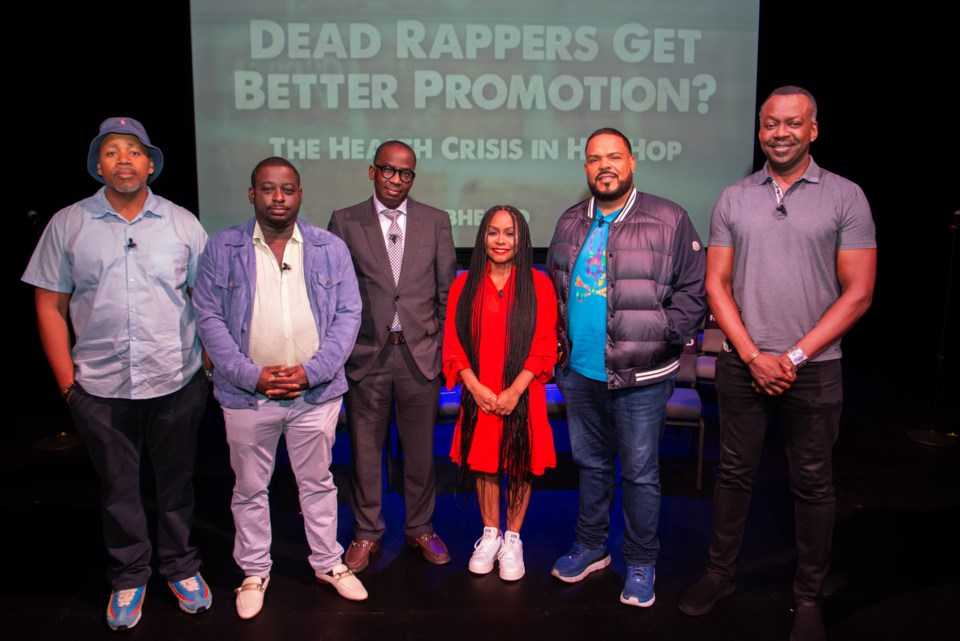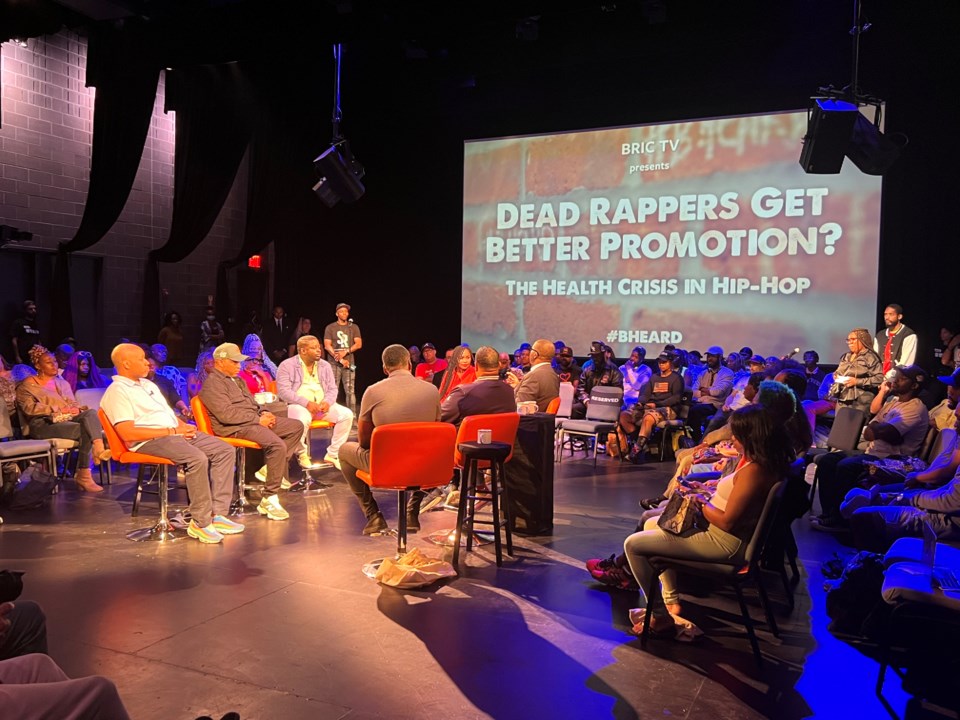What’s the first thing you think of when you hear the words, “Hip Hop?”
"Graffiti?" Yes!
"Break dancing?" Yes!
"DJ’ing, youth culture and rap music?" Yes! Yes! And yes!
"Diabetes, heart disease, homocide?" Wait, what?
As the world celebrates Hip Hop’s 50th Anniversary this year, on Thursday, October 5, BRIC commemorated the global art form with a live town hall discussion on the relationship between the Hip Hop and health.
The town hall, “Dead Rappers Get Better Promotion: The Health Crisis in Hop” discussed the systemic health challenges facing rappers and the responsibility record labels can take in managing the wellbeing of their artists.
The event was moderated by Nicole Duncan Smith and featured a panel discussion with the Founder of Hip Hop Public Health, Dr. Olajide Williams; Rapper & Entrepreneur, Styles P; Senior Editor of Men’s Health Magazine, Keith Nelson Jr, DJ & Radio Personality, DJ Enuf, and Entertainment Attorney, Bob Celestin, and Co-Executive Director of Kings Against Violence Initiative (KAVI) Ramik Williams. Opening remarks were given by New York Lieutenant Governor Antonio Delgado.

According to a 2015 study, life expectancy for Hip Hop artists was was around 30 years– bleak in comparison to other genres. The study also breaks down the leading causes of death for popular music genres, and in Hip Hop, homicide accounted for more than half the deaths.
“As we celebrate 50 years in Hip Hop, the unfortunate reality is that several of the pioneering artists aren’t here to celebrate,” Delgado said. “The number of rappers who never lived to see 50 is astonishing.”
The town hall explored a range of external health issues impacting both the Black and Hip Hop community, most significantly, the lack of access to healthier food options, which can cause health complications, excessive substance abuse, stress and other mental health factors and gun violence. After the pane discussion, there was a video message from Kurtis Blow, the founder of Hip Hop.

“If we expect a young person who's not eating properly, who's not sleeping properly, to make healthy decisions for their daily lives, we're fooling ourselves,” said Ramik Williams. “We all have agency over our lives. But we also have to hold elected officials from the City Council to the President's office accountable.”
The panel discussion also touched on Drill music, the popular subgenre of rap which has become notorious in recent years for its glorification of gang life. Last year, Mayor Adams made headlines when he said he wanted to place a ban on Drill music, a comment he later walked back.
Bob Celestin, who has represented controversial artists such as XXXTenacion who died of gun violence in 2018, says labels and management should play a role in making sure artists don’t fan the flames of conflict in their music.
“It really depends on the management and someone being able to have a conversation with them and guide them in a way without necessarily trying to step on their ability to create an express” Celestin said.

Dr. Olajide Williams discussed how beefs between rappers can actually have deadly effects, if the beef doesn't stay within the art form and spills into their daily life, he said. “Hostility increases atherosclerosis, which is inflammation in your arteries.”
According to Johns Hopkins Medicine, Atherosclerosis can cause complications including heart attack, stroke, blood clots and aneurysms.
Thursday’s event was the first in two-part series at BRIC discussing topics in Hip Hop. The second part will take place in May 2024 and focus on women in business and Hip Hop.




